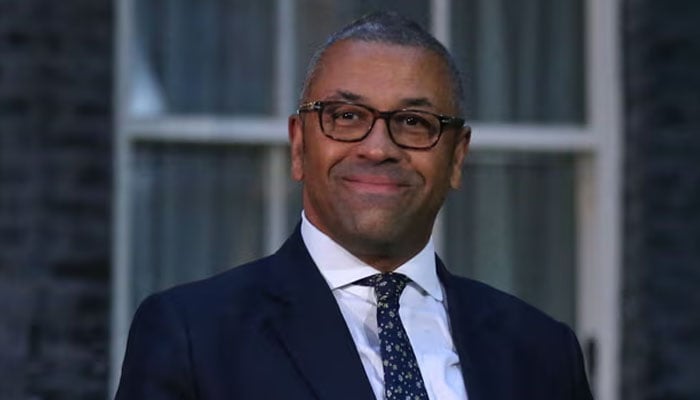UK raises required salary for skilled worker visa to £38,700 to curb migration
James Cleverly says that the UK is raising the required wage for a skilled worker visa to £38,700 in an attempt to minimise net migration
The United Kingdom (UK) is raising the required salary for a skilled worker visa to £38,700 which is a third more than the current level of slightly over £26,000 in an attempt to minimise net migration as per Home Secretary James Cleverly.
In 2022, net migration (the difference between the number of persons entering to reside in the UK and those departing) was 745,000.
Those on health and social care visas will be excluded from the higher income requirement.
However, overseas carers will no longer be permitted to bring dependants, such as their partners and children.
The jobs on the "shortage occupation list," which permits individuals to come to the UK and work for lesser pay, are being evaluated.
Since last year, the industry that has seen the most workers come in, despite not earning enough to qualify for standard skilled worker visas, has been health and social care.
The figures are astounding.
In the fiscal year ending September 30, 66,000 persons received a traditional skilled worker visa. During the same period, 144,000 persons received a health and care visa, largely to work in nursing homes.
That equates to nearly two-thirds of all skilled worker visas. However, many of the foreign workers bring close family members with them. When dependents are included with skilled workers, the figure jumps to 117,000.
However, in health and care, the total number of workers and their families climbs to 318,000.
That's an extra 174,000 dependents who won't be allowed to enter unless a family member earns more than £38,700, reported Mark Easton in BBC.
Some in the care sector are concerned that preventing foreign workers from bringing close family members may result in their not coming.
The government must do a tough balancing act. They seek to reduce immigration without jeopardising the social care of workers who are sorely needed.
Robert Jenrick, the immigration minister, sat close to Home Secretary James Cleverly as he presented his remarks.
Many Conservative MPs will believe he is the true architect of these new initiatives.
He said ten days ago that he had presented his ideas to reduce migration.
Some in Westminster saw the briefing of these plans to the media as an attempt to put pressure on Rishi Sunak to act.
Many of the reforms outlined by Cleverly, such as raising the minimum wage required for migrants to obtain a visa and prohibiting carers from bringing dependents with them, were included in Jenrick's plan provided to Rishi Sunak.
The issue now is whether Conservative backbenchers believe these policies go far enough to reduce net migration to pre-recession levels.
-
Global memory chip crunch puts spotlight on Apple; Will iPhone become more pricey?
-
Bitcoin plummets toward $60,000 as investors dump risky bets
-
Bitcoin crashes below $63K as regulatory pressure and market fears grow
-
Bitwise Crypto Industry innovators ETF: What investors should do in 2026?
-
Nintendo shares slide again as momentum fears grow
-
Gold, silver prices fallen sharply; What’s driving the drop?
-
Gold’s record climb: Experts question if its safety is ‘overstated’
-
Dubai unveils plans to construct street built with real gold












